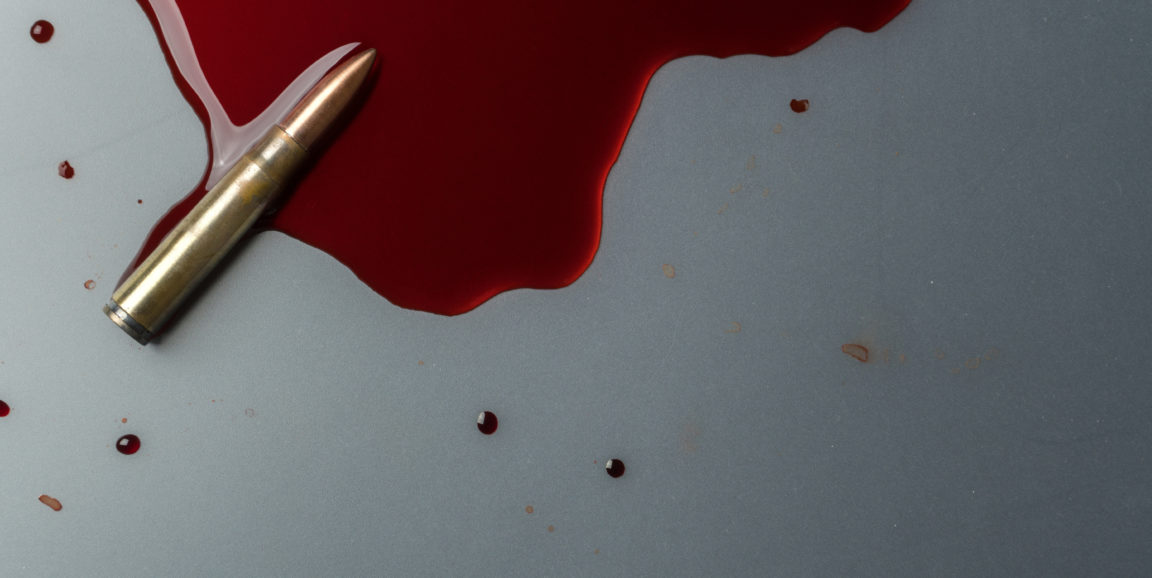In recent months, clinicians have joined the conversation around gun violence with vivid, heart-rending accounts of what they've seen treating firearms-related injuries in emergency departments around the country.
Their unflinching stories -- on Twitter, Scope and other platforms -- describe hospital floors covered in blood, faces disfigured beyond recognition, and agonized cries of family members upon learning they've lost a loved one forever.
But for many patients and their families, that is not where the story ends. A new study from Stanford researchers, published in PLOS ONE, focuses on inpatient care for people who suffer gunshot wounds -- including those who survive. As lead author Sarabeth Spitzer, a fourth-year medical student, says in the news release:
So often, gun injuries are talked about in terms of mortality, as one-time events for medical care... What tends to be forgotten are the long-term effects these injuries have on the people who survive and the monetary costs to the health care system.
Spitzer, with senior author Thomas Weiser, MD, set out to explore the financial implications by analyzing six years of patient data, from 2010 through 2015. Building on their prior research, they found the average cost of hospitalizations for gunshot wounds to be $911 million a year, with $86 million for readmissions within six months.
The overall numbers were staggering. From the release:
Government insurance paid the most for hospitalizations related to firearm injuries during the six-year period, according to the study. Of a total $5.47 billion in costs, Medicaid contributed $2.1 billion and Medicare provided $389 million. Private insurance and self-paying patients each accounted for about $1.1 billion, while the remainder was covered by other payers.
On average, the total cost of inpatient hospital care for a patient with a firearm injury was $32,700, the study found, and readmission accounted for 9.5 percent of that bill.
Spitzer, Weiser and their colleagues also looked at which patients were most at risk of readmission. The answer -- those covered by Medicare -- was a bit surprising at first. But, as Spitzer explained to me, "The elderly are at high risk for general medical issues after a traumatic incident."
The costs of non-inpatient services, such as medication, rehabilitation, and long-term care, aren't included in the study. Still, Spitzer, who is the founder and co-director of the nonprofit Scrubs Addressing the Firearm Epidemic, or SAFE, hopes the research will contribute to the conversation around the societal effects of gun violence.
"We end up as a society paying a huge amount for these injuries," Spitzer said. "These numbers draw attention to the fact there are consequences we all face when people are injured by guns."
Photo by Shutterstock




